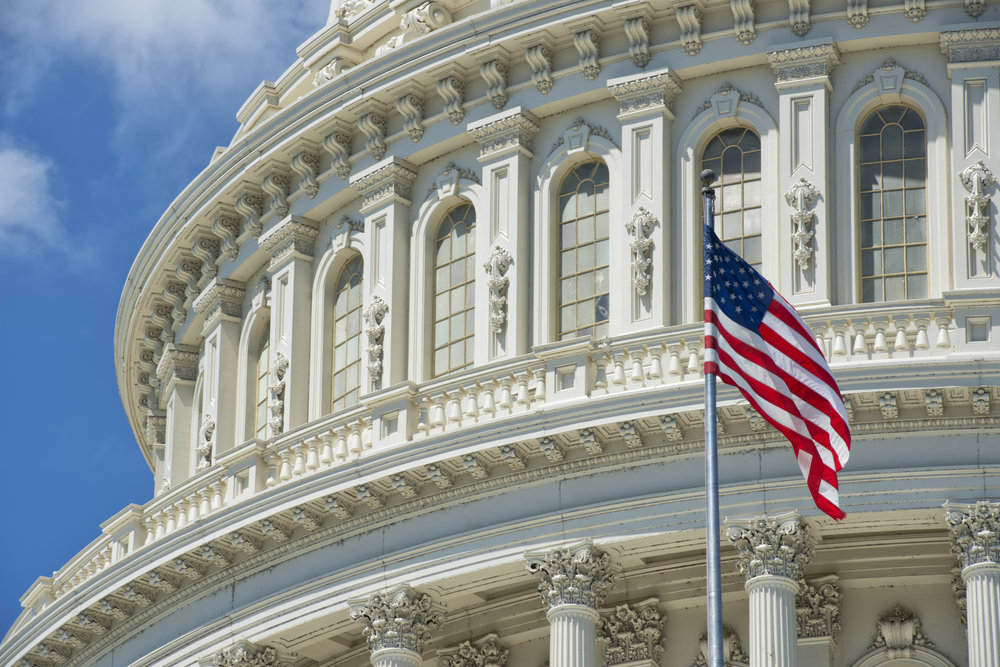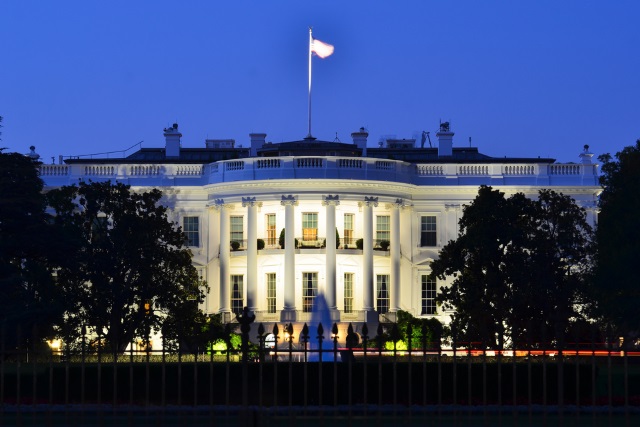
UK government scraps controversial plans for adult site age checks
The UK government's plans for age verification checks on porn site users, which were delayed in June of this year, have now been scrapped, the Department for Digital, Culture, Media and Sport announced today.
The checks would have required users to register a credit card or buy a 'porn pass' in order to access adult material online.

Two thirds of consumers don't think government encryption backdoors will protect them from terrorists
A new survey by machine identity protection company Venafi shows consumers don't trust major cyber security policies pushed by their governments.
Government officials in nearly every country believe the security risks inherent in government-mandated encryption backdoors are less important than giving law enforcement broad access to encrypted personal data. However, US and European consumers overwhelmingly disagree. When asked if laws allowing governments to access encrypted personal and private data would make them safer from terrorists 64 percent don’t agree.

Over three-quarters of US citizens accept government agencies sharing their data
Most US citizens acknowledge and accept that state and local government agencies share their personal data, even when it comes to personal information such as criminal records and income, according to a new survey conducted by YouGov and sponsored by Unisys Corporation.
The survey of nearly 2,000 people across eight states finds that more than three-quarters (77 percent) accept that their data is being shared between government agencies.

IT security professionals don't trust politicians to produce effective regulations
Trust in politicians is at something of a low at the moment and at the same time we regularly see them calling for cyber measures, like backdoors to encryption, without seemingly understanding the implications.
The results of a new survey therefore shouldn't come as too much of a surprise.

Digital transformation is putting government data at risk
The push towards digital transformation in the US government is putting sensitive data at risk, according to a new report from data protection specialist Thales.
Almost all (98 percent) of respondents from federal agencies report that they are using sensitive data within digital transformation technology environments. Yet, less than a third of respondents are using data encryption within these environments.

Government websites top the charts for online trust
The Internet Society's Online Trust Alliance (OTA), which identifies and promotes online security and privacy best practices, announced today the results of its latest Online Trust Audit and Honor Roll.
The Audit finds that 70 percent of analyzed websites qualified for the Honor Roll, the highest proportion ever, and up from 52 percent in 2017, driven primarily by improvements in email authentication and session encryption.

FCC will suspend many operations tomorrow if Trump's government shutdown continues
President Trump's partial shutdown of the US government is now well into its second week, with little sign of the impasse over funding for a wall on the southern border coming to an end. Large numbers of government employees are already feeling the pinch due to a lack of pay checks, and the impact is on the verge of spreading further.
The Federal Communications Commission (FCC) has announced that it will suspend "most operations" at midday on Thursday, January 3 "in the event of a continued partial lapse in federal government funding".

That's classified: Government can continue its data protection leadership
We are living in the data age. Organizations are grappling with a seemingly unending barrage of data and are challenged by how best to use it, store it and secure it. Yet data breaches and leaks continue to happen, despite security regulations becoming stricter in an attempt to help control it.
With that in mind, it’s easy to see why data protection remains a top concern for all organizations. This is especially true for government agencies, which handle some of the most sensitive information in the country. Take the Census Bureau, for example -- public concerns about the security of census data is one of the Bureau’s top issues as it prepares for the 2020 census. Lawmakers have warned that if there were a breach of census data, it could permanently damage public trust and affect the capability of this country to gather essential data in the future.

Microsoft defends its JEDI cloud project bid
Google may have pulled out of the Pentagon's $10 billion JEDI cloud project, but Microsoft has no intention of following suit. Company president Brad Smith has used a blog post to defend the decision to bid for military contracts, despite pressure from its employees.
Smith recognizes that there are ethical concerns about getting involved in military projects, particularly when artificial intelligence technology is involved. However, he says: "we believe in the strong defense of the United States and we want the people who defend it to have access to the nation's best technology, including from Microsoft".

German government moves to open source private cloud
The German federal government is moving to an open source, self-hosted cloud platform from Nextcloud for file sync and sharing and collaboration, in order to protect the data of its citizens.
The Federal Information Technology Center (ITZBund), which takes care of IT services for the entire federal government, has been running a pilot of 5000 users with Nextcloud since October 2016 and after a successful tender this will now be rolled out everywhere.

UK sets out five principles for the ethical use of AI
The UK can be a world leader in the development of AI says a report released today from the House of Lords Select Committee on Artificial Intelligence.
The report sets out five principles for the use of AI which have some echoes of Asimov's laws of robotics. The principles are:

US government agencies see 20 percent rise in data breaches
US Federal agencies reported more breaches last year (57 percent) than any other industry sector by a wide margin, well ahead of the global average of 36 percent according to a new report.
Yet the findings from Thales eSecurity show that only 42 percent of government respondents claim to be 'very' or 'extremely' vulnerable, compared to 68 percent of US respondents across the board.

Contractors pose cyber risk to government agencies
While US government agencies are continuing to improve their security performance over time, the contractors they employ are failing to meet the same standards according to a new report.
The study by security rankings specialist BitSight sampled over 1,200 federal contractors and finds that the security rating for federal agencies was 15 or more points higher than the mean of any contractor sector.

The UK government reveals AI software that automatically blocks extremist content online
Continuing its drive to take control of the internet, the UK government has unveiled a new tool that it says can block extremist content "on any platform" with astonishing accuracy. The system -- as yet unnamed -- was unveiled by Home Secretary Amber Rudd and cost £600,000, paid for with public funds, and has been designed to detect jihadist content.
The government says that the algorithms can automatically detect "94 percent of Daesh propaganda with 99.995 percent accuracy." Speaking to reporters in London, Rudd said that "we're not going to rule out taking legislative action if we need to do it," opening up the possibility that the likes of Facebook, Twitter and Google could be forced to use the system.

White House refutes claims it wants to build its own 5G network
Documents that came to light recently suggested that the Trump administration was considering creating a government-controlled 5G network. It was an idea viewed in a dim light by the FCC, but now the White House has denied it has such plans.
Despite the unearthing of a memo to the contrary, the US government insists there are no such plans under consideration.
